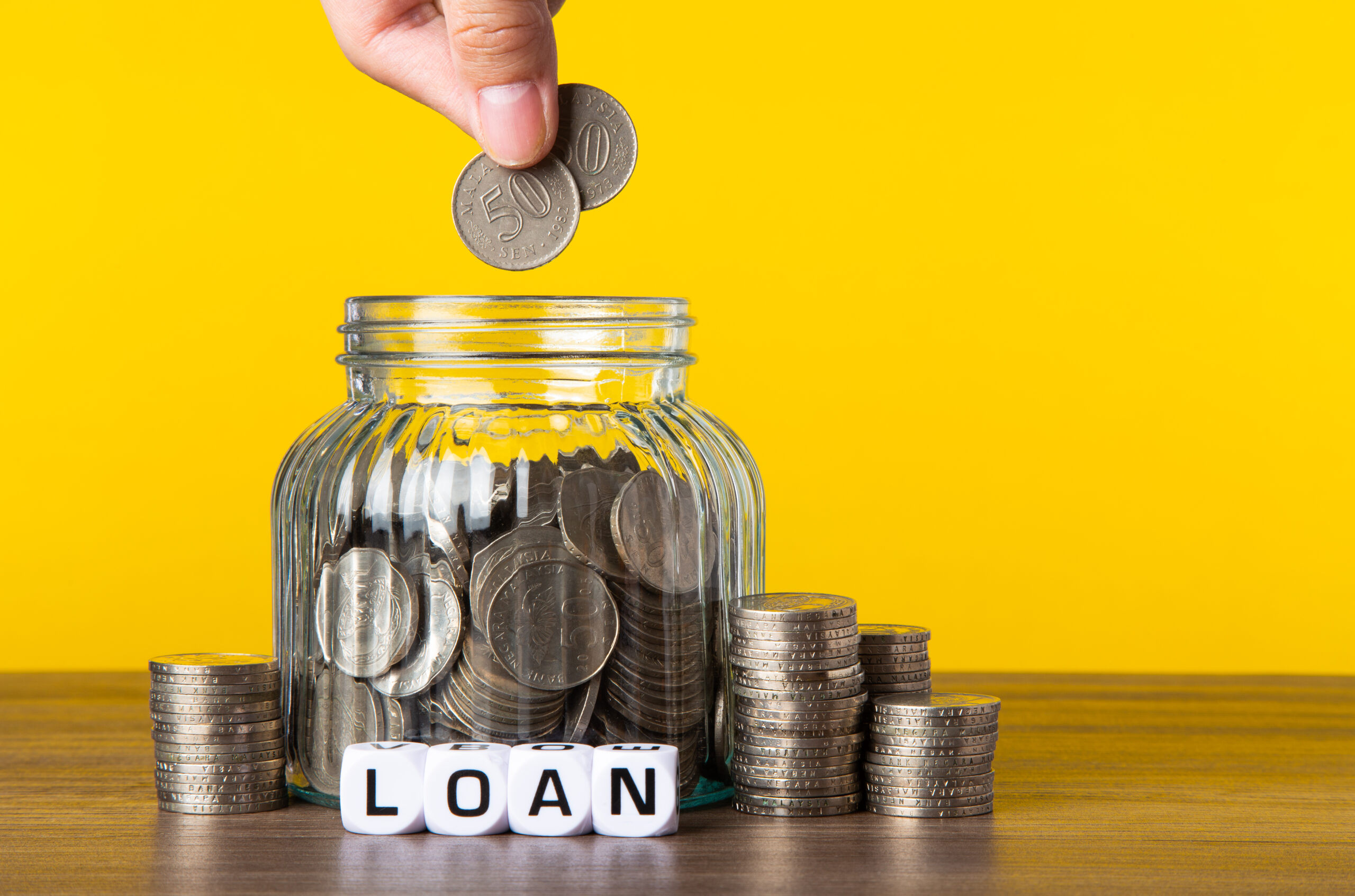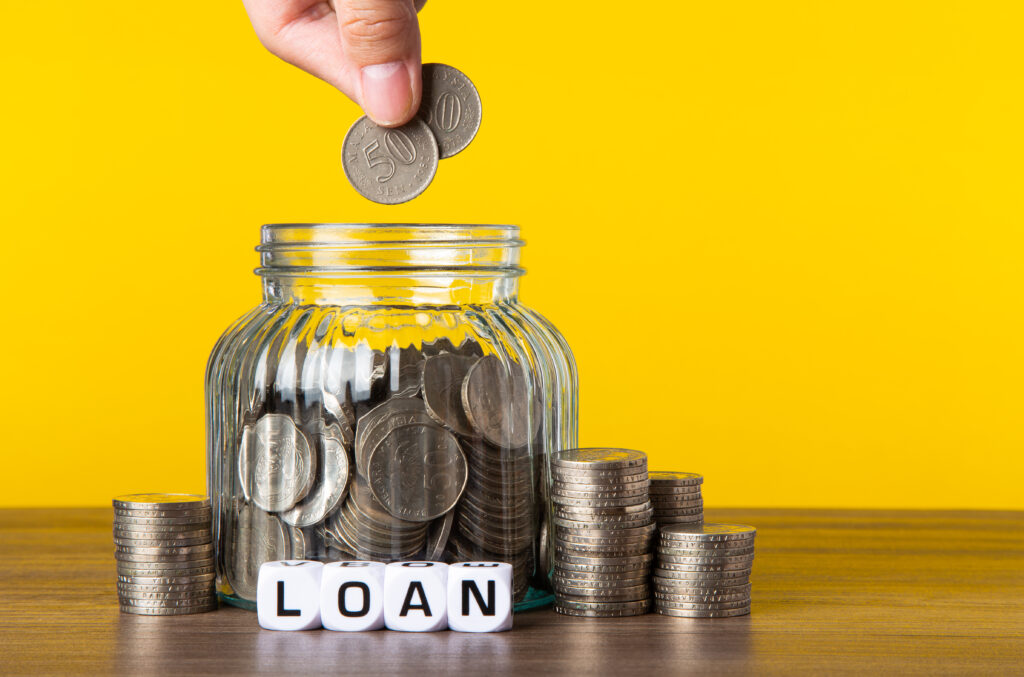How Nigerian Banks and Loan Apps Assess Your Credit Score (And How You Can Improve It)

Introduction
Accessing loans in Nigeria used to be a difficult and paperwork-heavy process. But today, with the rise of digital banking and fintech solutions, getting a loan is just a few taps away. Whether you’re borrowing from a commercial bank or a loan app, there’s one key factor that determines your chances of approval: your credit score.
Unfortunately, many Nigerians still don’t understand how credit scores work or how lenders evaluate creditworthiness. If you’ve ever wondered why your loan request was rejected or approved with high interest, the answer lies in how your credit profile looks to lenders.
This comprehensive guide explains how Nigerian banks and loan apps assess your credit score, why it matters, and practical steps to improve your credit rating and qualify for better financial opportunities.
What Is a Credit Score?
A credit score is a numerical representation of your creditworthiness—essentially, how reliable you are in repaying borrowed money. It’s a summary of your borrowing history, current debts, and payment behavior.
In Nigeria, credit scores are calculated by credit bureaus licensed by the Central Bank of Nigeria (CBN). The most popular credit bureaus include:
-
CRC Credit Bureau
-
CreditRegistry
-
FirstCentral Credit Bureau
These organizations collect data from financial institutions, loan apps, and service providers to generate a score that typically ranges from 300 to 850, with higher scores indicating better creditworthiness.
Why Credit Scores Matter in Nigeria Today
Before digital lending became widespread, many lenders relied on collateral, employment history, and personal references. Today, however, credit scores play a central role in financial decisions.
Banks and loan apps use your credit score to determine:
-
Whether to approve or reject your loan request
-
The interest rate you’ll be charged
-
How much money you can borrow
-
Your repayment period
In short, the higher your score, the more likely you’ll get favorable loan conditions.
How Nigerian Banks Assess Your Credit Score
Traditional banks use comprehensive credit checks when evaluating loan applications. Here’s what they typically review:
1. Your Credit Report
Banks request your credit report from one or more credit bureaus. This report includes:
-
Past and current loans
-
Payment history
-
Defaulted loans
-
Number of inquiries made about your credit
2. Banking History
Banks also look at:
-
Your account balances
-
Frequency of deposits and withdrawals
-
Salary payment history (especially if your salary account is with them)
-
Previous overdrafts or bounced cheques
3. Loan Repayment Behavior
If you’ve borrowed from any financial institution in the past, how promptly you repaid will reflect in your credit profile.
4. Debt-to-Income Ratio
Banks analyze how much debt you owe compared to your income. A high ratio suggests you’re over-leveraged and may struggle to repay a new loan.
How Loan Apps Assess Your Credit Score
Loan apps operate differently from traditional banks. Their evaluation is more tech-driven and often automated. Here’s how they assess creditworthiness:
1. Mobile Data Analysis
Some apps use data from your phone to assess your behavior:
-
Call and SMS logs (e.g., alert messages from banks)
-
App usage history
-
Location data
-
Phone contacts
This practice is controversial and partly why FCCPC (Federal Competition and Consumer Protection Commission) has stepped in to regulate the sector.
2. Past Loan Performance
If you’ve previously used a loan app, your repayment history—early, on time, late, or default—will influence whether they lend to you again.
3. Credit Bureau Reports
Many legitimate loan apps now report to credit bureaus. This means borrowing from these platforms directly affects your credit score—positively or negatively.
4. Social Reputation
Some apps even consider your digital footprint (email consistency, NIN linkage, BVN verification) to confirm identity and detect fraud.
How to Check Your Credit Score in Nigeria
Thanks to digitization, checking your credit score in Nigeria is easier than ever.
Here are platforms where you can access your report:
-
CRC Credit Bureau – www.crccreditbureau.com
-
CreditRegistry – www.creditregistry.ng
-
FirstCentral Credit Bureau – www.firstcentralcreditbureau.com
You’re entitled to one free report per year from each bureau. Additional checks may attract a small fee (usually between ₦500–₦1,000).
Credit Score Ranges in Nigeria
Though scores may vary slightly between bureaus, the general scale is:
| Score Range | Rating | Interpretation |
|---|---|---|
| 300 – 499 | Poor | High risk of default |
| 500 – 649 | Fair | Some credit issues |
| 650 – 749 | Good | Reliable borrower |
| 750 – 850 | Excellent | Very low risk, top-tier credit profile |
If your score falls below 600, expect limited or expensive credit offers.
How to Improve Your Credit Score in Nigeria
If your score is low—or you don’t have a score at all—don’t worry. You can take steps to build or improve it over time.
1. Pay Your Loans on Time
Timely repayment is the most powerful way to boost your credit score. Avoid late payments or defaults.
Tip: Set reminders for due dates or activate auto-debit on reliable platforms.
2. Limit Multiple Loan Applications
Each time you apply for a loan, the lender checks your credit. Too many inquiries in a short time may signal desperation and hurt your score.
Only apply when you’re confident of approval and need.
3. Build a Credit History
If you’ve never taken a loan before, you may not have a credit score. Start small:
-
Use reputable loan apps (e.g., FairMoney, Carbon, Branch)
-
Take short-term loans and repay promptly
-
Use credit-building products (like bank overdrafts or microloans)
4. Monitor Your Credit Report Regularly
Mistakes can happen. Check your credit report at least once a year to spot:
-
Errors in your name or BVN
-
Loans you didn’t take
-
Incorrect late payment records
Report inaccuracies immediately to the credit bureau.
5. Avoid Loan Sharks and Illegal Apps
Unlicensed loan apps may not report your payments positively—or worse, damage your score with false reports. Stick to FCCPC-approved platforms.
6. Keep Your Debt Ratio Low
Don’t borrow more than 30–40% of your income at a time. Lenders prefer borrowers who don’t appear financially stretched.
7. Link Your BVN and NIN
Your BVN (Bank Verification Number) and NIN (National Identity Number) help lenders verify your identity and track your financial footprint.
Unlinked or inconsistent records can delay or disqualify loan approvals.
The Role of FCCPC and Other Regulators
To protect consumers from predatory lending practices, the Federal Competition and Consumer Protection Commission (FCCPC) now regulates loan apps under the Limited Interim Regulatory Framework.
Key consumer protections include:
-
Ban on defamation and harassment of borrowers
-
Transparent interest rate and fee disclosures
-
Mandatory data privacy compliance
You can check the list of approved digital lenders on the FCCPC website.
Final Thoughts
Your credit score is your financial reputation. In Nigeria’s fast-evolving digital lending space, understanding and improving your credit score can open doors to:
-
Higher loan limits
-
Lower interest rates
-
Business credit access
-
Emergency financial support
Whether you’re dealing with banks or loan apps, managing your credit wisely gives you more control over your financial future.
Key Takeaways
-
Credit scores in Nigeria range from 300 to 850 and affect loan approvals and terms.
-
Both banks and loan apps use credit reports, repayment history, and data analytics to assess risk.
-
You can check your credit report for free once a year via CRC, CreditRegistry, or FirstCentral.
-
Timely repayments, fewer inquiries, and linked ID numbers can help improve your credit score.
-
Stick to licensed digital lenders to protect your data and financial reputation.
























